Swimming pools are a symbol of luxury, relaxation, and outdoor fun. To elevate the visual appeal and practicality of a pool, investing in water tiles is a smart move. These tiles not only enhance the aesthetics but also provide a host of benefits for pool owners. In this article, we will delve into the world of swimming pool water tiles, exploring their various types, advantages, and installation methods. Types of Swimming Pool Water Tiles Water tiles come in various materials, each with its unique features and appearance. Here are the most common types of swimming pool water tiles: 1. Ceramic Tiles: Ceramic is a versatile and durable material that is widely used in pool tiling. It is resistant to water, chemicals, and UV rays, making it an ideal choice for outdoor pools. Ceramic tiles are available in numerous colors, patterns, and textures, allowing pool owners to tailor the look of their pool to their preference. 2. Glass Tiles: Glass tiles are renowned for their ability to reflect light, creating a stunning visual effect in the pool. They come in a multitude of colors and finishes, including iridescent and translucent options. Glass tiles are non-porous, making them resistant to algae and mildew growth.
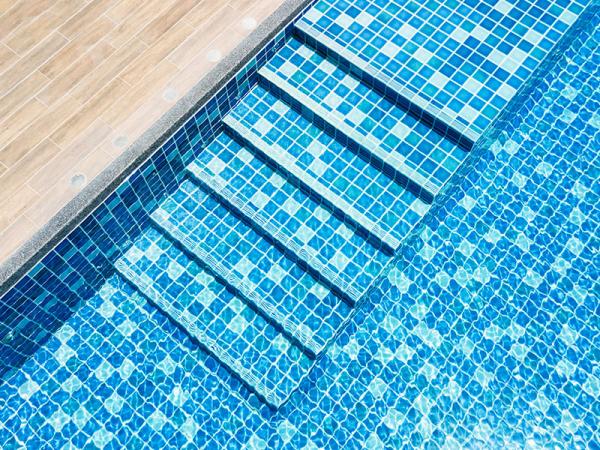
.
 3. Porcelain Tiles: Porcelain tiles are known for their durability and resistance to fading, cracking, and chemical damage. They exhibit a similar appearance to natural stone but require less maintenance and are less prone to staining. Porcelain tiles are an excellent choice for those seeking a sophisticated and elegant look for their pool. Advantages of Swimming Pool Water Tiles Investing in water tiles for your pool promises several benefits, which include: 1. Enhanced Aesthetics: Water tiles add a touch of elegance and sophistication to any pool. With a wide range of colors, patterns, and finishes available, pool owners can create a customized look that best suits their style and preferences. Whether it’s a vibrant and playful mosaic pattern or a sleek and modern monochromatic design, water tiles can transform any pool into a visual masterpiece. 2. Increased Safety: Water tiles can be an integral part of pool safety measures.
3. Porcelain Tiles: Porcelain tiles are known for their durability and resistance to fading, cracking, and chemical damage. They exhibit a similar appearance to natural stone but require less maintenance and are less prone to staining. Porcelain tiles are an excellent choice for those seeking a sophisticated and elegant look for their pool. Advantages of Swimming Pool Water Tiles Investing in water tiles for your pool promises several benefits, which include: 1. Enhanced Aesthetics: Water tiles add a touch of elegance and sophistication to any pool. With a wide range of colors, patterns, and finishes available, pool owners can create a customized look that best suits their style and preferences. Whether it’s a vibrant and playful mosaic pattern or a sleek and modern monochromatic design, water tiles can transform any pool into a visual masterpiece. 2. Increased Safety: Water tiles can be an integral part of pool safety measures.
..
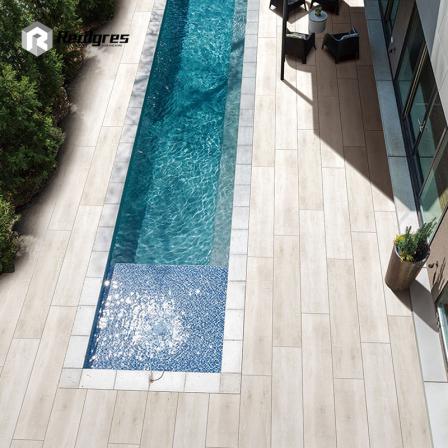 By incorporating slip-resistant tiles around the pool’s edge or in particularly wet areas, owners can minimize the risk of accidents caused by slippery surfaces. 3. Improved Durability: Water tiles are designed to withstand the harsh outdoor elements and the constant exposure to pool chemicals. They are resistant to water damage, fading, and discoloration, ensuring that the pool remains visually appealing for years to come. Installation Methods for Swimming Pool Water Tiles When it comes to installing water tiles, there are a few approaches to consider: 1. Thinset Installation: Thinset mortar is commonly used for pool tile installation. It provides excellent adhesion and is resistant to water and chemicals.
By incorporating slip-resistant tiles around the pool’s edge or in particularly wet areas, owners can minimize the risk of accidents caused by slippery surfaces. 3. Improved Durability: Water tiles are designed to withstand the harsh outdoor elements and the constant exposure to pool chemicals. They are resistant to water damage, fading, and discoloration, ensuring that the pool remains visually appealing for years to come. Installation Methods for Swimming Pool Water Tiles When it comes to installing water tiles, there are a few approaches to consider: 1. Thinset Installation: Thinset mortar is commonly used for pool tile installation. It provides excellent adhesion and is resistant to water and chemicals.
…
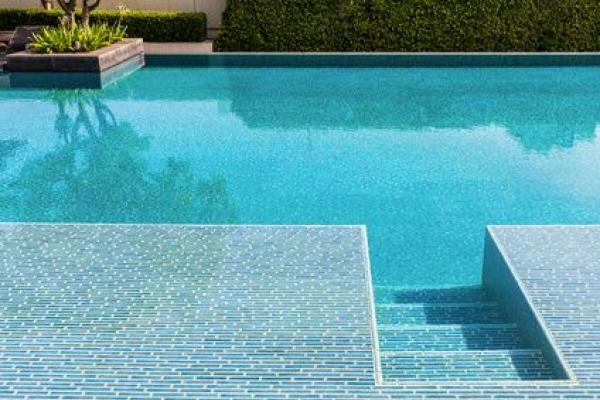 The tiles are laid out on the pool surface with thinset mortar, ensuring a stable and secure bond. 2. Epoxy Installation: Epoxy is a strong adhesive that is often used for underwater pool tile installations. It offers superior bonding capabilities and is highly resilient to water and chemical exposure. Epoxy installation is recommended for areas that require exceptional durability and resistance, such as waterline tiles. In conclusion, swimming pool water tiles offer a myriad of benefits for pool owners, from enhancing aesthetics to improving practicality and safety. With a variety of materials, colors, and patterns available, it’s easy to find water tiles that perfectly complement your pool’s design. Whether you opt for ceramic, glass, or porcelain tiles, investing in water tiles will undoubtedly elevate your pool experience to new heights.
The tiles are laid out on the pool surface with thinset mortar, ensuring a stable and secure bond. 2. Epoxy Installation: Epoxy is a strong adhesive that is often used for underwater pool tile installations. It offers superior bonding capabilities and is highly resilient to water and chemical exposure. Epoxy installation is recommended for areas that require exceptional durability and resistance, such as waterline tiles. In conclusion, swimming pool water tiles offer a myriad of benefits for pool owners, from enhancing aesthetics to improving practicality and safety. With a variety of materials, colors, and patterns available, it’s easy to find water tiles that perfectly complement your pool’s design. Whether you opt for ceramic, glass, or porcelain tiles, investing in water tiles will undoubtedly elevate your pool experience to new heights.

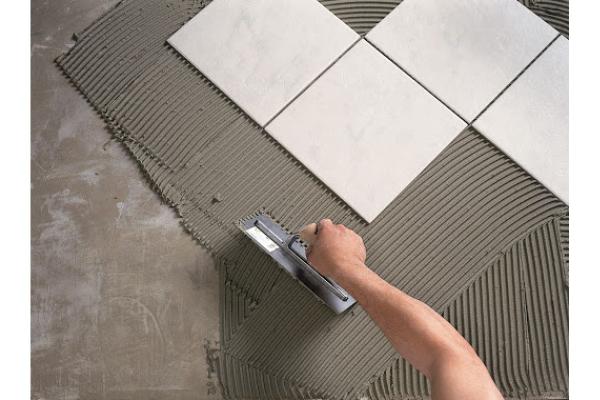


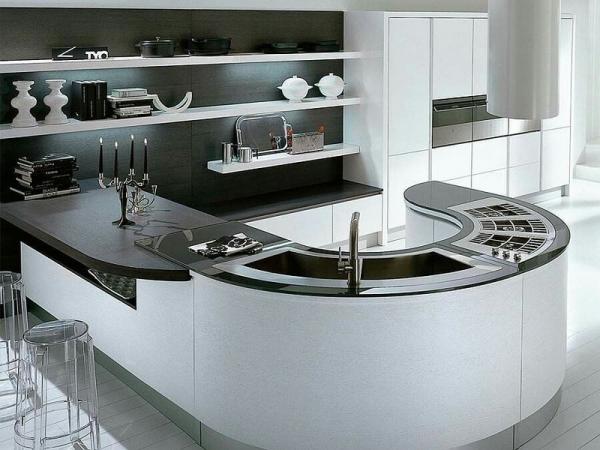
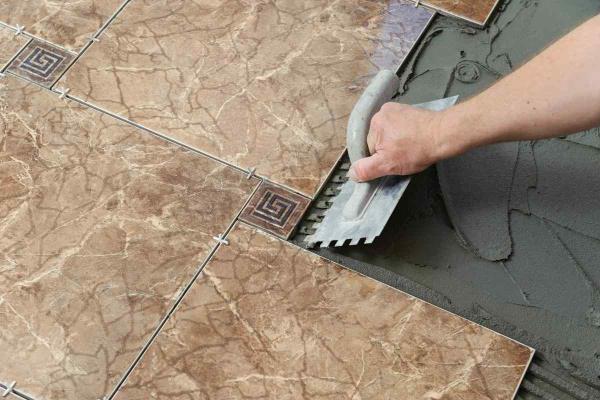
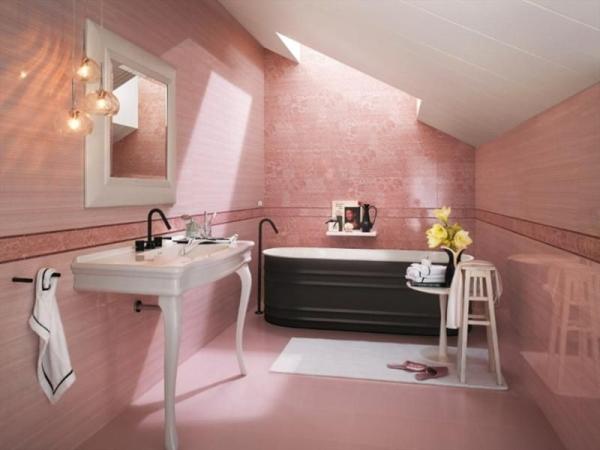
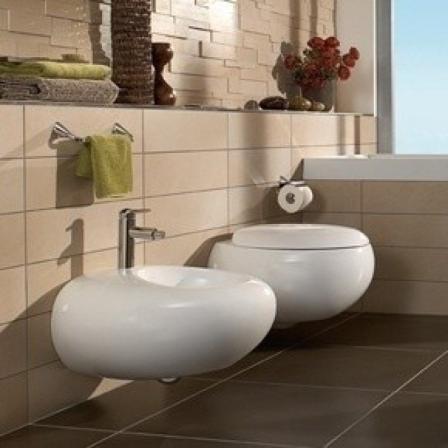

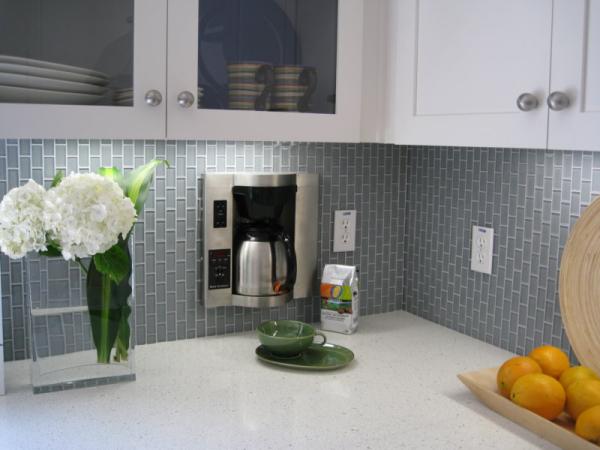
Your comment submitted.